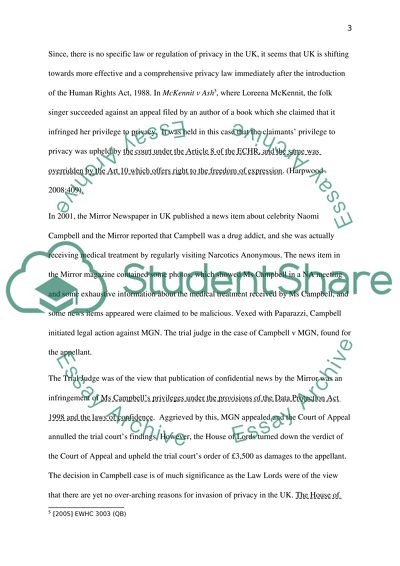Cite this document
(“Intellectual Property Law Essay Example | Topics and Well Written Essays - 2250 words”, n.d.)
Retrieved from https://studentshare.org/law/1428492-intellectual-property-law
Retrieved from https://studentshare.org/law/1428492-intellectual-property-law
(Intellectual Property Law Essay Example | Topics and Well Written Essays - 2250 Words)
https://studentshare.org/law/1428492-intellectual-property-law.
https://studentshare.org/law/1428492-intellectual-property-law.
“Intellectual Property Law Essay Example | Topics and Well Written Essays - 2250 Words”, n.d. https://studentshare.org/law/1428492-intellectual-property-law.


